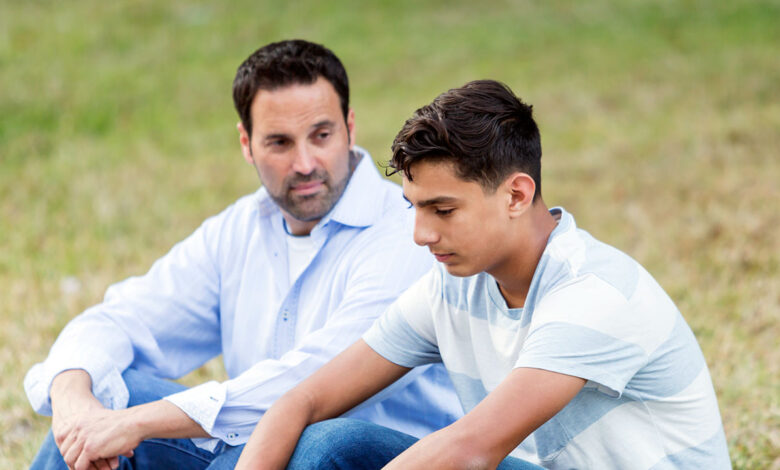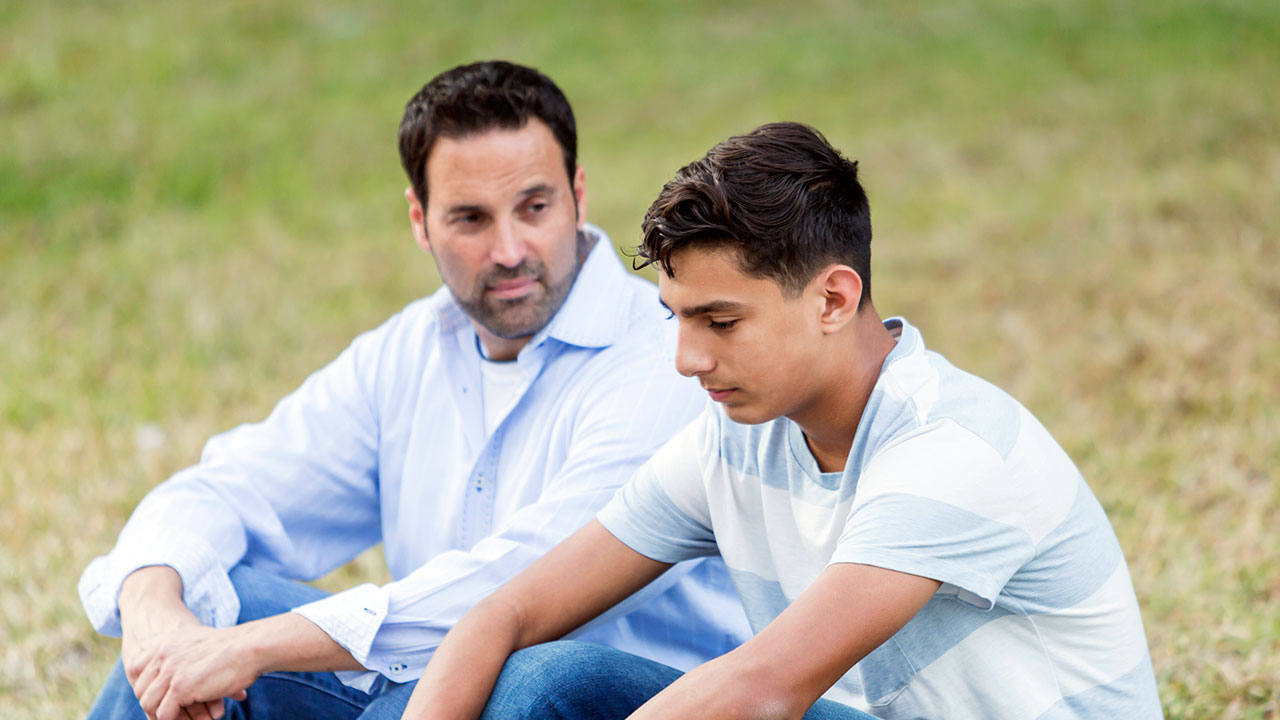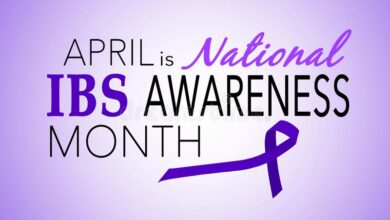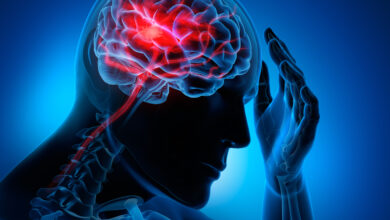

Adolescence can be a turbulent time for many teenagers, and anxiety is a common experience that can significantly impact their mental health and overall well-being. As a parent or caregiver, it can be challenging to recognize the signs and symptoms of anxiety in your teenager and to know how to support them effectively. However, understanding anxiety and its effects on your teen’s behavior, emotions, and physical health can be the first step in helping them manage their anxiety and lead a healthy and fulfilling life. In this article, we will explore the common signs and symptoms of anxiety in adolescents and provide practical tips and strategies that parents and caregivers can use to support their teens through this challenging time. Whether you are a concerned parent, teacher, or healthcare professional, learning about anxiety in adolescence can help you provide the critical support and resources that your teenager needs to thrive.
Anxiety is a common experience for many people, especially teenagers. Adolescence can be a time of great change and transition. It’s not uncommon for teenagers to experience anxiety in response to these changes. It’s important for parents to understand signs and symptoms of anxiety in teenager. This is so they can provide the support their child needs.
Here are some signs and symptoms of anxiety in teenagers:
- Excessive worry: Teens with anxiety may worry excessively about a wide range of things. Such as school performance, social relationships, or their future.
- Physical symptoms: Anxiety can also manifest in physical symptoms such as headaches, stomachaches, muscle tension, or fatigue.
- Avoidance behaviors: Teens with anxiety may avoid situations that trigger their anxiety. This include social events, public speaking, or taking tests.
- Irritability: Anxiety can also cause irritability and mood swings in teenagers.
- Sleep disturbances: Anxiety can interfere with sleep, leading to difficulty falling asleep or staying asleep.
- Difficulty concentrating: Anxiety can make it hard for teenagers to concentrate, leading to problems with schoolwork and other tasks.
- Panic attacks: In severe cases, anxiety can lead to panic attacks. This panic attacks are characterized by intense fear, a racing heart, and difficulty breathing.
If you suspect your teenager is experiencing anxiety. It’s important to talk to them about it and seek professional help if needed. Mental health professionals help children learn coping strategies to manage their anxiety and improve their quality of life





